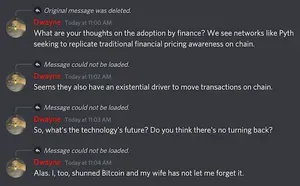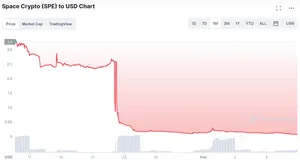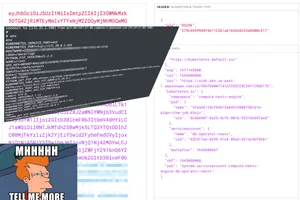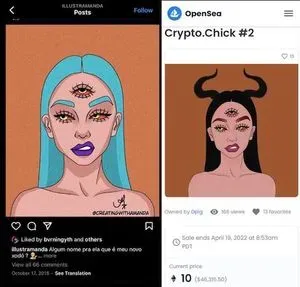Robert Armijo is the former owner of three valuable NFTs — one Bored Ape and two Mutant Apes — which he bought for a total of around $300,000 between November 2021 and January 2022. On February 28, he filed a lawsuit against the NFT marketplaces OpenSea and LooksRare, as well as the company behind the Bored and Mutant Ape projects, Yuga Labs. The lawsuit was filed only ten days after another former Bored Apes owner filed suit against OpenSea for allegedly failing to secure their platform.On February 1, he was the victim of a phishing attack in which he lost the three pricey NFTs. He had agreed to trade one of his Mutant Apes for another NFT he was interested in, but he and the prospective buyer had to perform the transaction through a platform other than OpenSea or LooksRare because it was a swap rather than a purchase for ETH. Armijo turned down several suggestions of platforms by the other party, saying he was unfamiliar with them, and instead suggested one of his own choosing. However, the other party was still able to send him a trading link that appeared to be from the site he had suggested, and Armijo approved what turned out to be an illegitimate transaction that allowed the other party to take all three of his NFTs for nothing in return. Armijo alleges that although he quickly realized he'd been phished, he was not able to get OpenSea or LooksRare to freeze sales of the stolen NFTs, and they were flipped for resale within days.
Armijo alleges that OpenSea and LooksRare have "utterly failed to protect consumers or do anything to disincentivize or stop the thefts" because they profit from each trade on their platform. He has also named the company behind the Apes NFTs, Yuga Labs, in his lawsuit, stating that they have not done enough to disincentivize theft by failing to "monitor its proprietary and exclusive ape community by denying entry to individuals whose access is predicated on a stolen BAYC NFT". Once again, my heart goes out to the judge hearing this case.
In terms of damages, Armijo states he has been "deprived not only of the significant monetary value of the NFTs he owned, but also [has been] strip[ped] of his membership in the BAYC community and the commercialization rights he possessed in his underlying Bored Ape and Mutant Ape images", and as such is seeking damages "in no event less than $6 million". Interestingly, the name Robert Armijo also appears as a defendant in SEC charges from June 2021, where the individual is alleged to have unlawfully sold securities managed by an organization also alleged by the SEC to be a Ponzi scheme. It's not immediately clear if this is the same person, or someone who shares a name.










































